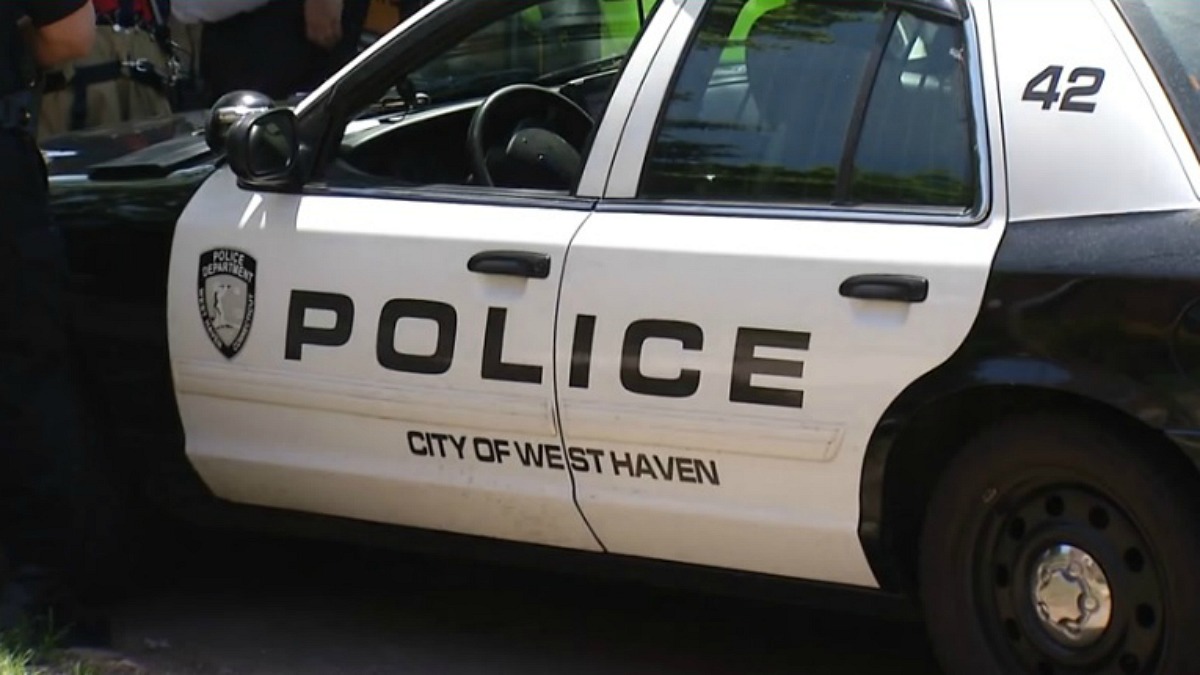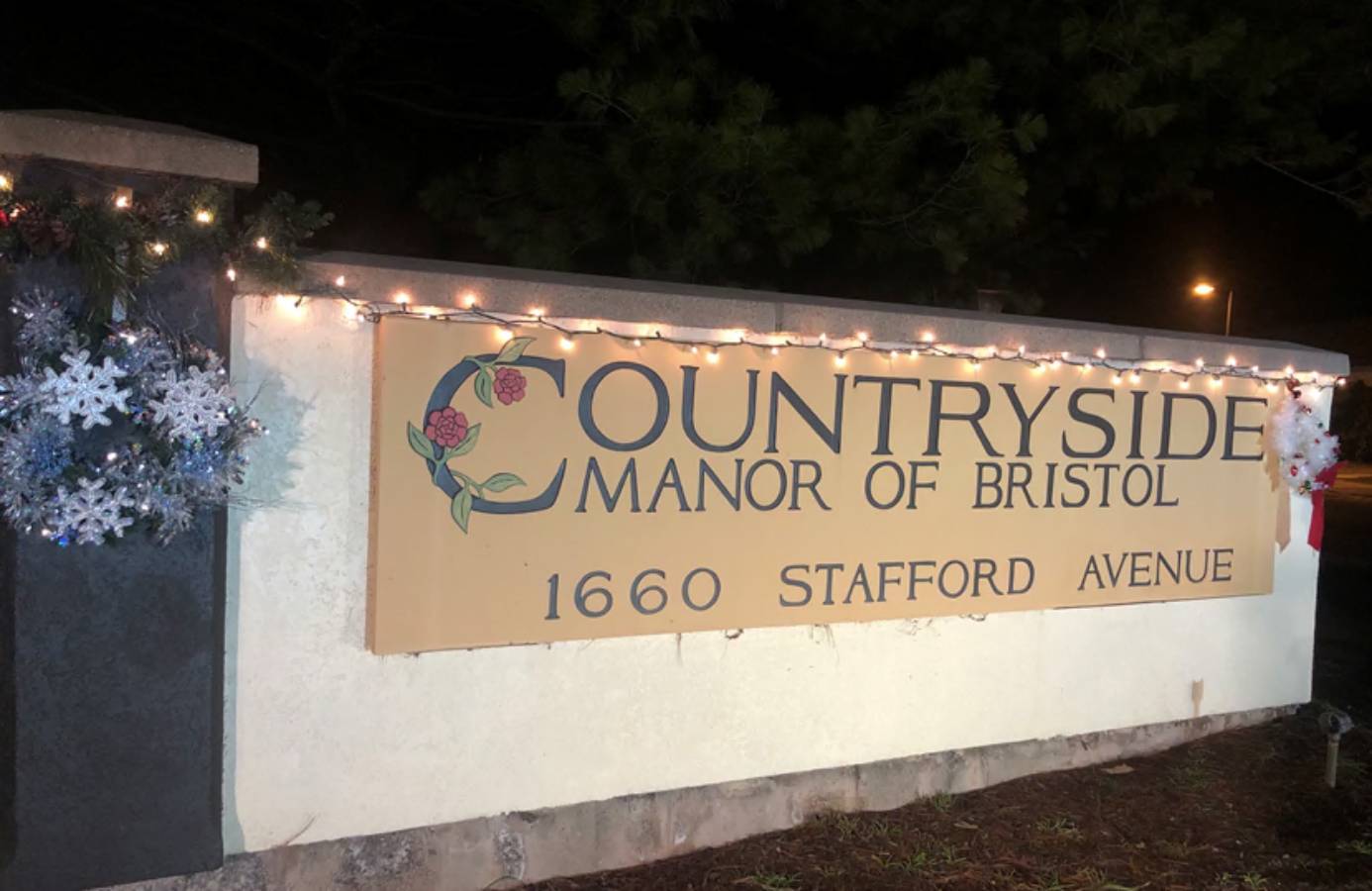Given the possibility of an uptick in coronavirus infections this fall, Connecticut’s House of Representatives on Thursday voted overwhelmingly to give all voters the option to vote by absentee ballot and avoid the polls. Lawmakers are also considering a wide-ranging police accountability bill during the surreal special session where members donned face masks and voted by computer, most sequestered in their legislative offices.
It marked the first time since March that the General Assembly has convened, due to the COVID-19 crisis. While the state Capitol building and offices were closed to the public, lawmakers were greeted outside by hundreds of shouting protesters. At least six groups staged protests, including police officers from across the state, members of Black Lives Matter, teachers, unionized health care workers, prison reform advocates and people concerned about ballot fraud. At its height, State Capitol Police estimated the combined number of protesters numbered roughly 1,500 people.
Only the House was meeting in special session on Thursday to vote on police, absentee ballot and health care reforms concerning telehealth and insulin pricing. The Senate is scheduled to meet on Tuesday.
“We are giving a clear message to our legislators that they have to do right by us. And if they don’t, they should be fearful of not being reelected,” said Brittney Yancy of Vernon, a college professor who was part of a group that supports the wide-ranging police accountability bill that calls for reforming police practices and training in the wake of the police killings of George Floyd and other Black people.
“We have to speak up because there’s so many issues that are affecting black and brown communities. And this is why we’re here,” she said.
Police officers and their supporters, meanwhile, had a similar warning for lawmakers who support what they consider “an anti-police bill,” with many chanting “vote them out.” Members of the General Assembly are up for reelection in November. While there were mixed feelings about various parts of the bill, officers appeared to uniformly oppose a provision that would change immunity protections for police in some circumstances for violating someone’s civil rights. Also, many officers complained they felt unfairly targeted because of the actions of the officers in Minneapolis, who killed Floyd, and other “bad cops” across the country.
Local
John Krupinsky, president of the Connecticut State Fraternal Order of Police and a 41-year veteran Danbury police officer, said he opposes the entire bill, which includes a new inspector general to investigate police use-of-force cases, periodic mental health screenings for officers, changes to the state’s “use of force” policy, moving from a subjective standard to a more objective standard; and new training requirements for police, including on implicit bias and how to manage crowds of people.
Krupinsky predicted the legislation will have a chilling effect on the police profession in Connecticut.
“People don’t understand. Guys, when they hear the shots fired call, they’re going to take a right. They’re not going to put themselves in the middle of this. They’ve got a chance to go to jail now. They’ve got a chance to have their house taken away,” he said. “Policing as you know it is over.”
In recent days, lawmakers have been making last-minute changes to the police accountability bill, including the portion that would ban “qualified immunity,” making officers personally and legally liable for their actions.
Representatives in the State House or Representatives are voting Friday morning on an amendment to remove qualified immunity from the police accountability bill.
House Minority Leader Themis Klarides, R-Derby, said the latest version would change the statute of limitations for lawsuits against officers and make it clear the municipality where the officer works would be liable, not the officer personally, which she said is also untenable considering the financial exposure to taxpayers. It’s unclear whether that language will be included in the final version of the bill.
Meanwhile, the House voted 144-2 in favor of allowing voters to use COVID-19 and their concerns about becoming exposed at the polls as a valid reason for using an absentee ballot in the November election. Connecticut has strict rules about when people can vote by absentee, limiting it to reasons such as being out of town during voting hours or being an active member of the armed services, and some critics of the bill said they worried that expanding that list and allowing special drop boxes for ballots could lead to fraud.
House Majority Leader Matt Ritter, D-Hartford, disagreed, saying it was a matter of life and death for some people, noting infection spikes that happened in other states during their elections. Democratic Gov. Ned Lamont already signed an executive order allowing COVID-19 to be an excuse for an absentee ballot in the upcoming Aug. 11 primary, but his authority ends before the general election.
As of Thursday, there have been more than 48,000 positive cases in Connecticut, an increase of 83 since Wednesday. There have been 4,410 COVID-associated deaths, an increase of 4 since Wednesday. The number of hospitalizations grew by nine, for a total of 72.
Lawmakers also voted unanimously in favor of a bill that expands the types of health care providers that can provide telehealth services, a crucial technology during the pandemic. It also requires that insurance cover the cost. By early evening, House members were debating another bill that would cap the price of insulin and diabetic supplies and create an emergency insulin program.
___
Associated Press writer Dave Collins contributed to this report.



